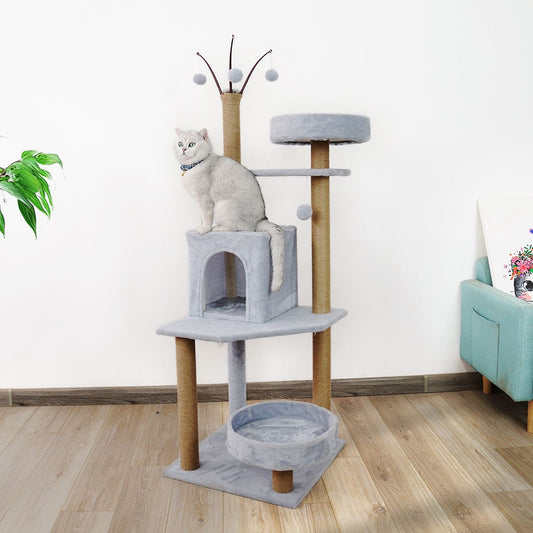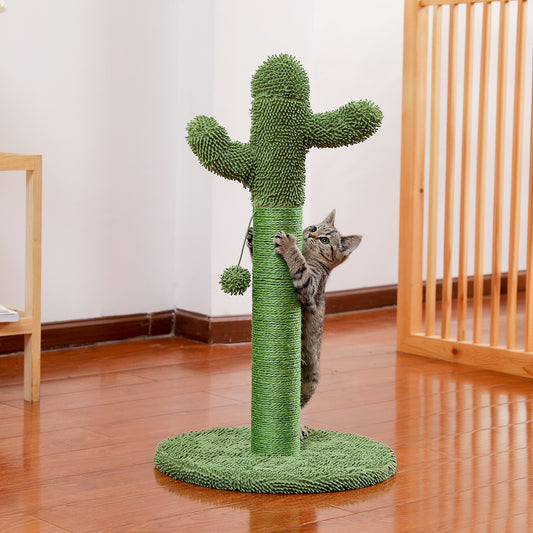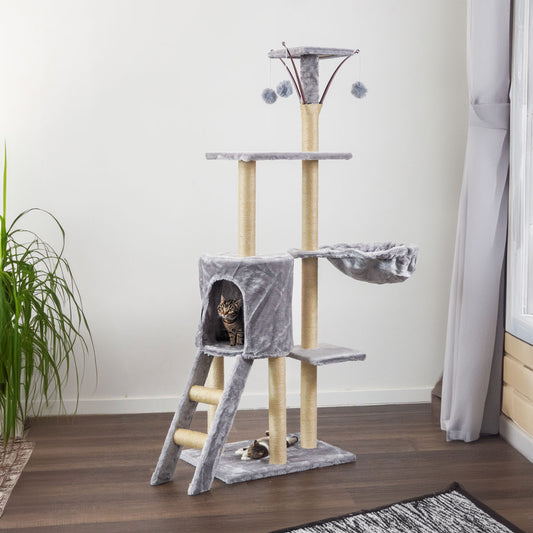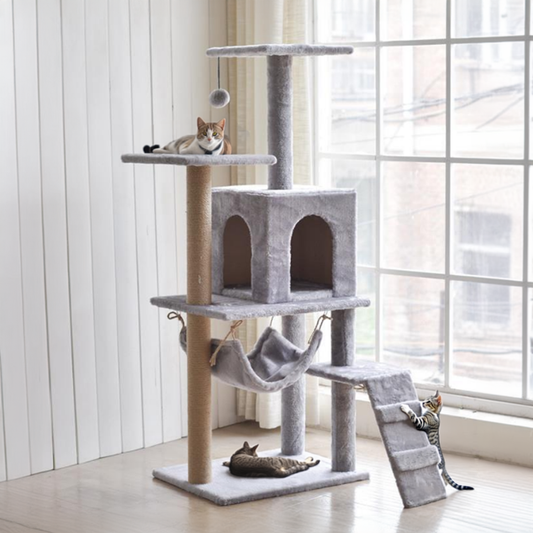When it comes to feline enrichment, catnip is often hailed as the ultimate stimulant. This natural herb, also known as Nepeta cataria, has been captivating cats for centuries. But what exactly is catnip, and why does it have such a profound effect on our feline friends? In this blog post, we will explore the science behind catnip and its fascinating effects on cats.
What is catnip?
Catnip is a member of the mint family and is native to Europe and Asia. It contains a compound called nepetalactone, which is responsible for its unique effects on cats. When cats come into contact with catnip, whether by smelling, licking, or rolling in it, nepetalactone binds to receptors in their nasal tissue, triggering a series of reactions in their brains.
How does catnip affect cats?
The effects of catnip can vary from cat to cat, but the most common response is one of pure bliss. Cats often exhibit behaviors such as rolling, rubbing, purring, and jumping after encountering catnip. This is because nepetalactone acts as a stimulant, triggering the release of feel-good chemicals in the brain, such as dopamine and endorphins.
It's important to note that not all cats are affected by catnip. Sensitivity to catnip is hereditary, and approximately 50-75% of cats exhibit a strong response to it. Kittens and older cats are less likely to be affected, and some cats may not show any interest in catnip at all.
Is catnip safe for cats?
Rest assured, catnip is completely safe for cats to enjoy. It is non-addictive and non-toxic, so you can feel confident in offering it to your feline companion. However, it's best to use catnip in moderation to prevent overstimulation. Too much catnip can lead to temporary behavioral changes, such as hyperactivity or aggression, but these effects are short-lived and harmless.
How to use catnip
There are various ways to introduce catnip to your cat. The most common method is to use dried catnip leaves, which can be sprinkled on toys, scratching posts, or bedding. You can also find catnip-infused toys or sprays that provide a more concentrated dose of nepetalactone.
It's important to note that the effects of catnip typically last for about 10-15 minutes, after which cats become temporarily immune to its effects for a period of time. To keep the experience fresh and exciting for your cat, it's best to offer catnip sparingly, perhaps once or twice a week.
Conclusion
Catnip is truly the ultimate feline stimulant, providing cats with a natural and safe way to indulge in their instincts. Whether your cat goes wild or simply enjoys a moment of relaxation, catnip can be a valuable tool for enriching their lives. So go ahead, treat your furry friend to a sprinkle of catnip and watch as they embark on a blissful adventure.





